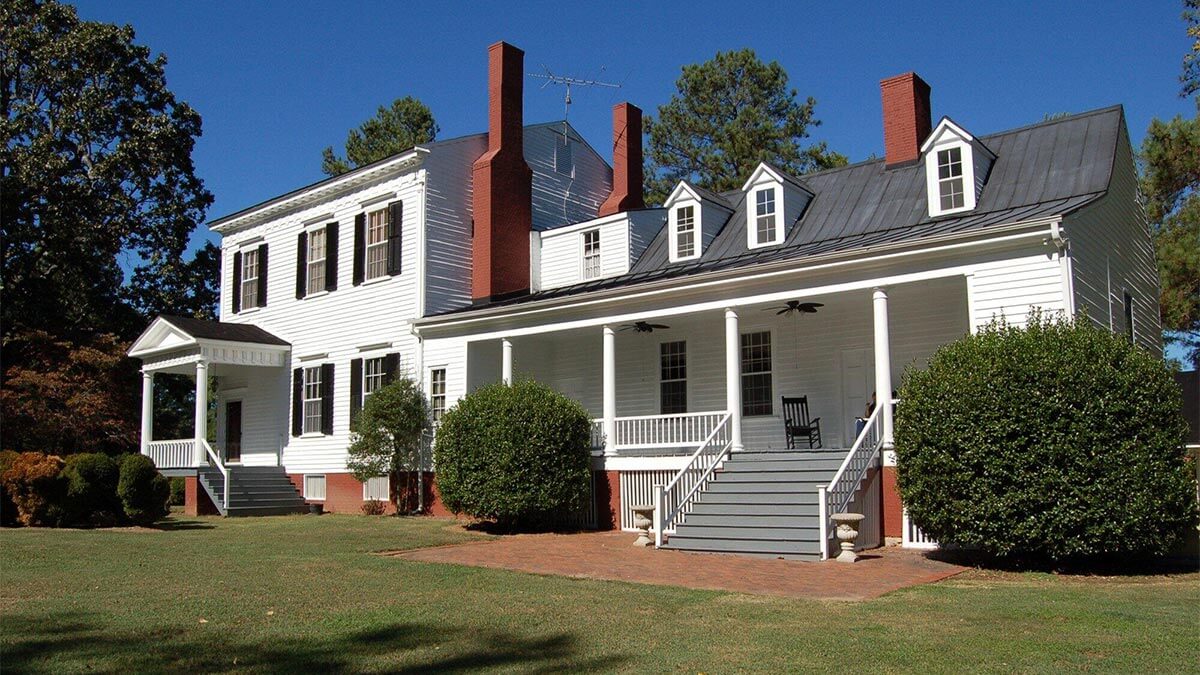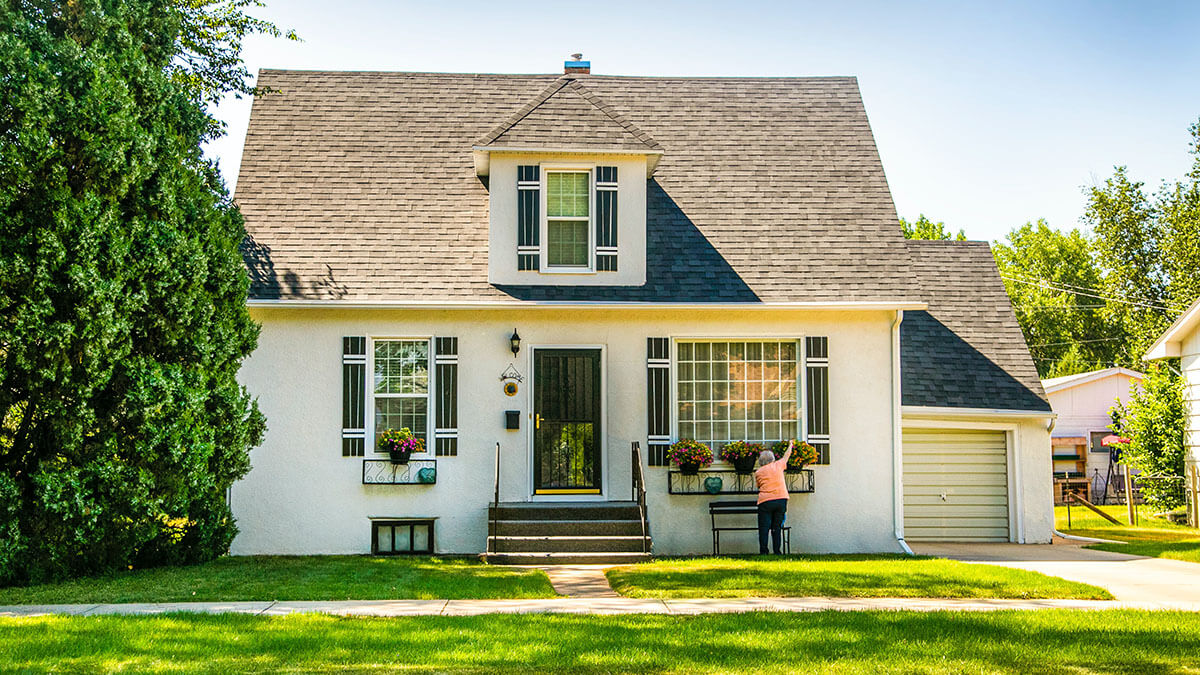Before you buy or sell a house in Georgia, one of the most important steps is a home appraisal.
So you might be wondering, “How Much Does a Home Appraisal Cost in Georgia?”
If you’re looking for guidance on home appraisal in Georgia, you’re in the right place. In this article, we’re filling you in on what you need to know and how much it will cost.
Sound interesting? Keep reading!
Discover your home’s worth online for free in minutes!
Home Appraisal Basics
Home appraisals are a vital aspect of the real estate market, serving as an objective evaluation of a property’s value.
In the state of Georgia, an appraisal is often a required step in the process of buying or selling a home, refinancing a mortgage, or for estate planning and tax purposes. The primary goal of a home appraisal is to determine an unbiased market value of the property.
This is to make sure that the amount of money requested for a mortgage or offered in a sale is appropriate given the home’s condition, location, and features.
Understanding the cost of home appraisals in Georgia is crucial for homeowners, buyers, and sellers alike.
Appraisal fees can vary based on the size and complexity of the property, as well as the location within the state. In Georgia real estate, these costs are influenced by factors such as urban versus rural settings, the current demand for appraisals, and the specific requirements of the appraisal process itself.
Legally, home appraisals must adhere to strict standards and guidelines to ensure fairness and accuracy.
In the United States, these standards are often governed by the Uniform Standards of Professional Appraisal Practice (USPAP) and federal regulations, particularly for transactions involving federally insured loans.
Property appraisers are required to be unbiased and independent, avoiding any conflicts of interest. The legal framework surrounding appraisals aims to protect all parties involved – buyers, sellers, and lenders – from overvaluing or undervaluing a property, which can have significant financial implications.
Average Cost
The average cost of home appraisals in Georgia typically ranges between $300 to $500, though these figures can vary depending on several factors.
These factors include the size and complexity of the property, its location, and the current real estate market conditions. For instance, larger homes or properties with unique features may require more detailed evaluation, leading to higher appraisal costs.
Similarly, appraisals in urban areas or in regions with high real estate activity might be more expensive due to increased demand for appraisal services.
Comparatively, the national average cost for home appraisals in the United States tends to hover around a similar range, though it can sometimes be slightly higher, averaging between $300 to $600.
Appraisal Cost Factors
Several key factors significantly influence the cost of home appraisals, with property size and location being among the most impactful.
Larger properties typically require more time and effort to appraise due to their complexity and the increased number of factors to be evaluated, such as additional rooms, outbuildings, or land. So, appraisals for larger homes or estates are generally more expensive.
The type of property is another factor. Residential properties, such as single-family homes, are typically less expensive to appraise compared to commercial properties or specialized real estate like industrial facilities, which require a more in-depth analysis.
Additional features of a property, such as unique architectural designs, historical significance, luxury amenities, or extensive renovations, can also increase the cost of an appraisal. These features often require the appraiser to spend additional time and resources to accurately assess their impact on the property’s value.
Urban properties often come with higher appraisal costs due to the complexity of the real estate market in these areas, as well as the higher costs of doing business in urban settings.
Rural properties, while potentially covering more land, tend to be less complex in terms of market dynamics and therefore might have lower appraisal costs.
Types of Appraisals
The traditional, or full, appraisal is the most comprehensive. It involves an appraiser physically visiting and inspecting the property, measuring its dimensions, evaluating the condition of both the interior and exterior, and assessing any improvements or defects.
The appraiser also analyzes market trends and comparable sales in the area to determine the property’s value. This type of appraisal is often required by lenders for mortgage purposes and provides the most detailed assessment of a property’s worth.
Desktop appraisals, on the other hand, are conducted without a physical visit to the property.
Instead, the appraiser relies on online resources, property records, and market data to estimate the home value. While less expensive and quicker than traditional appraisals, desktop appraisals are generally considered less accurate due to the lack of an on-site evaluation, and they may not be accepted by all lenders for mortgage purposes.
Drive-by appraisals are a middle ground between traditional and desktop appraisals. In this approach, the appraiser does not enter the property but instead assesses it from the outside, often from a vehicle.
This type of appraisal includes an exterior evaluation and considers neighborhood and market data.
Finally, hybrid appraisals combine elements of the traditional and desktop methods. An appraiser might conduct a desktop appraisal and then have someone else, such as a real estate agent or another professional, visit the property for a physical assessment.
Who Pays for the Appraisal?
most traditional home buying scenarios, the buyer is responsible for covering the cost of the appraisal. This is particularly the case when a mortgage is involved, as lenders require an appraisal to ensure the property’s value justifies the loan amount.
The appraisal fee is usually included in the buyer’s closing costs, which are paid at the time of finalizing the purchase.
However, there are scenarios where the seller might pay for the appraisal. This is less common but can occur in a buyer’s market, where sellers are keen to make their property more attractive to potential buyers.
By providing a pre-appraisal, the seller can demonstrate the value of the property and potentially expedite the sale process. Additionally, in some cases, sellers may opt for an appraisal before listing their property to help set a realistic selling price.
In the context of refinancing a mortgage, the homeowner seeking the refinance is typically responsible for the appraisal cost.
The cost of the appraisal in a refinancing situation is usually rolled into the refinancing costs, which the homeowner pays either upfront or as part of the new mortgage arrangement.
Preparing for a Home Appraisal
Preparing for a home appraisal is an important step for homeowners, as it can significantly impact the valuation of their property.
Firstly, it’s essential to ensure that the house is clean and well-maintained. A tidy and visually appealing home can make a positive impression on the appraiser, potentially influencing their assessment of the property’s condition.
This includes decluttering rooms, fixing any minor repairs such as leaky faucets or peeling paint, and making sure the exterior of the home, including landscaping, is neat and presentable.
Another critical aspect is to create a comprehensive list of all upgrades and improvements made to the property. Whether it’s a renovated kitchen, a new roof, or updated HVAC systems, providing the appraiser with detailed information about improvements can help them accurately assess the property’s value.
Homeowners should also be aware of comparable sales in their neighborhood. While the appraiser will conduct their own market analysis, having knowledge of similar properties that have recently sold in the area can give homeowners a better understanding of their home’s potential value.
Lastly, ensure easy access to all areas of the home, including the basement, attic, and all rooms.
Choosing an Appraiser
Ideally, an appraiser should be state-licensed or certified, demonstrating they have met the necessary educational and professional standards.
It’s beneficial to select an appraiser who specializes in the type of property being appraised, as expertise in residential, commercial, or specific types of real estate can significantly affect the accuracy of the appraisal.
Another critical factor is local knowledge. An appraiser with experience and familiarity with the property’s specific geographic area will have a deeper understanding of local market trends, neighborhood specifics, and regional factors that might influence the property’s value.
Disagreeing With the Results
Start by thoroughly reviewing the appraisal report for any errors or oversights, such as incorrect property dimensions, overlooked upgrades, or inaccurate comparisons to recently sold properties.
If you find inaccuracies, present this evidence to the appraiser or the lending institution, requesting a review or a second appraisal. It’s also beneficial to gather information about comparable sales in your area that the appraiser might have missed or not considered.
If the issue persists, consider hiring a different appraiser for a second opinion, especially one with specific expertise in your property type and local area.
How Much Does a Home Appraisal Cost in Georgia?
By now you should have a much better sense of the home appraisal process. Whether you’re a buyer or a seller, it’s important to know the ins and outs this step.
So hopefully the answer to, “How Much Does a Home Appraisal Cost in Georgia?” is now clear.
And if you’re looking for more resources, we have a host of helpful posts and resources for selling your home, if that’s your preferred route. Visit our site today!




